Safranbolu Turkey to the Caspian Sea

Our continued race through Turkey next took us to Amasya, another town of mixed beauty and history, the most famous of which being some very old rock tombs, prominently carved out of the cliffs above the town centre. The other highlight of Amasya was the tourist office, where we were given the ambassador's treatment - lectured at length on local sights as well as other distinguished visitors from Cambridge while seated on leather armchairs in front of the Tourist officer's desk. We got away with armfuls of coloured brochures, quite enough to last us the hour that we had in his small town.
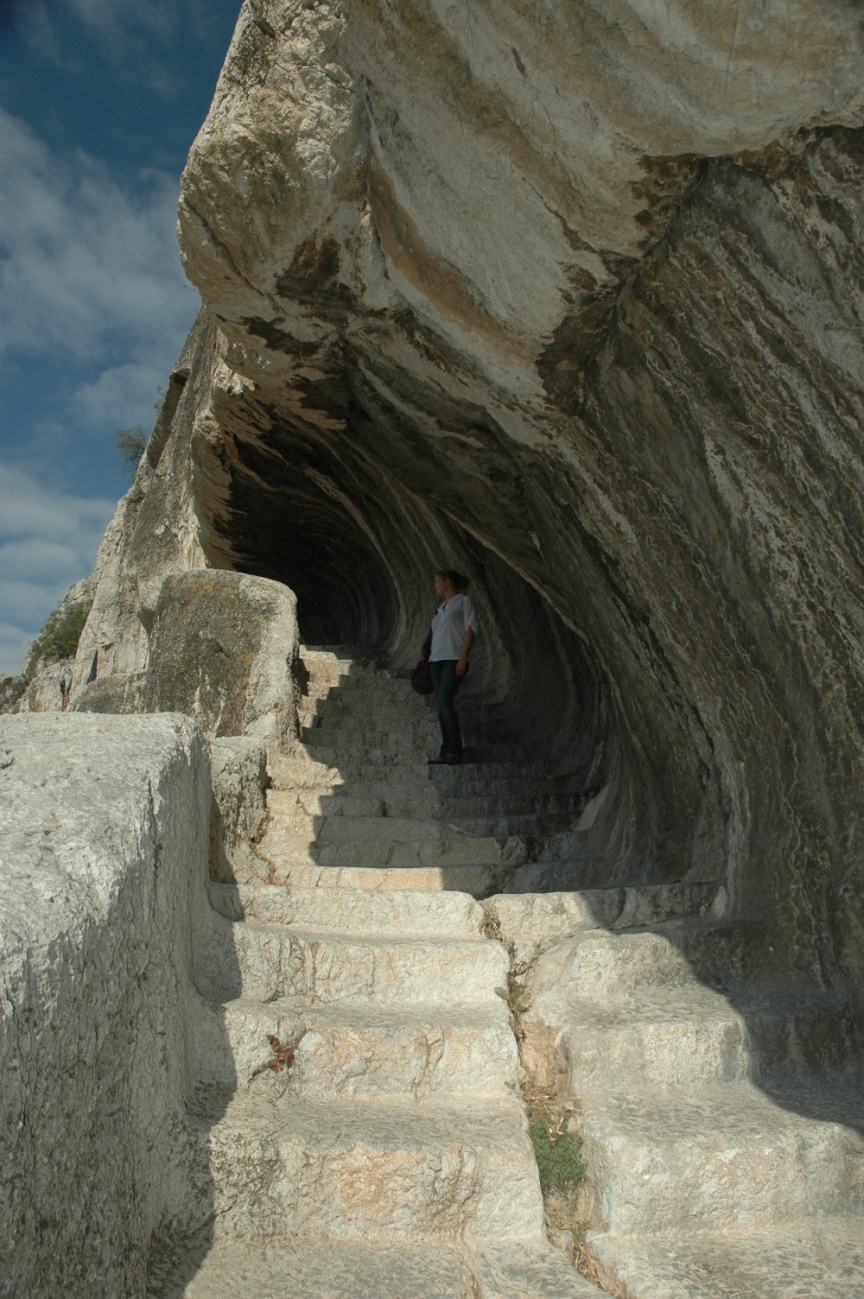
The next day's highlight was finally taking our evening meal at a time that suited the Ramazan-starved locals. We often felt embarrassed to arrive too early for dinner, while too late risked eating on our own or receiving the waiter's wrath as he is starved of his own dinner while he has to serve us. Timing it just right meant receiving our meal in a rush of overlapping courses and hurried conversation before the waiters and chefs could take their own table and satisfy their own hunger.
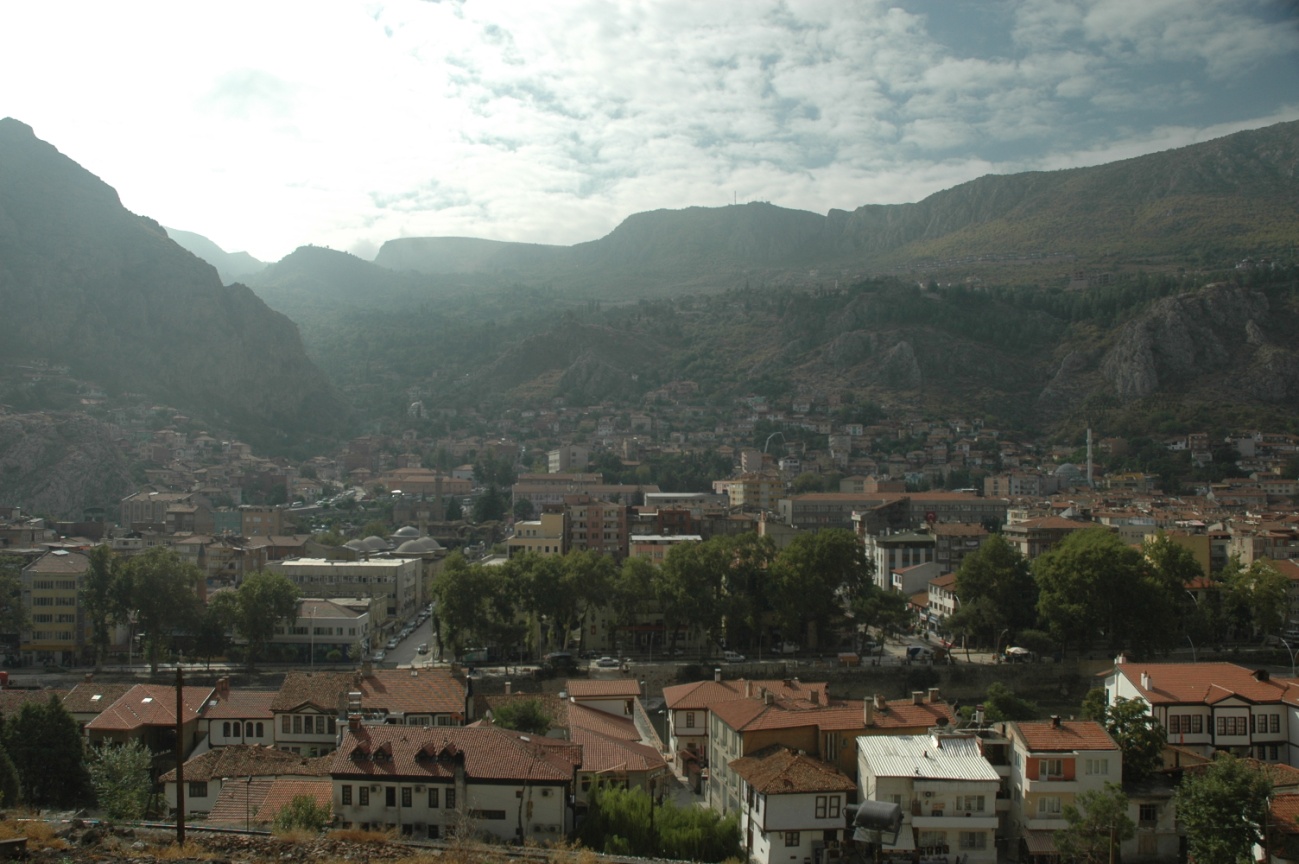
On our last day in Turkey we passed hundreds of parked lorries to cross the border into Georgia. Although relatively straight-forward for the car and its driver, Ruth was delayed for quite some time by police interest in her new "chipped" passport.
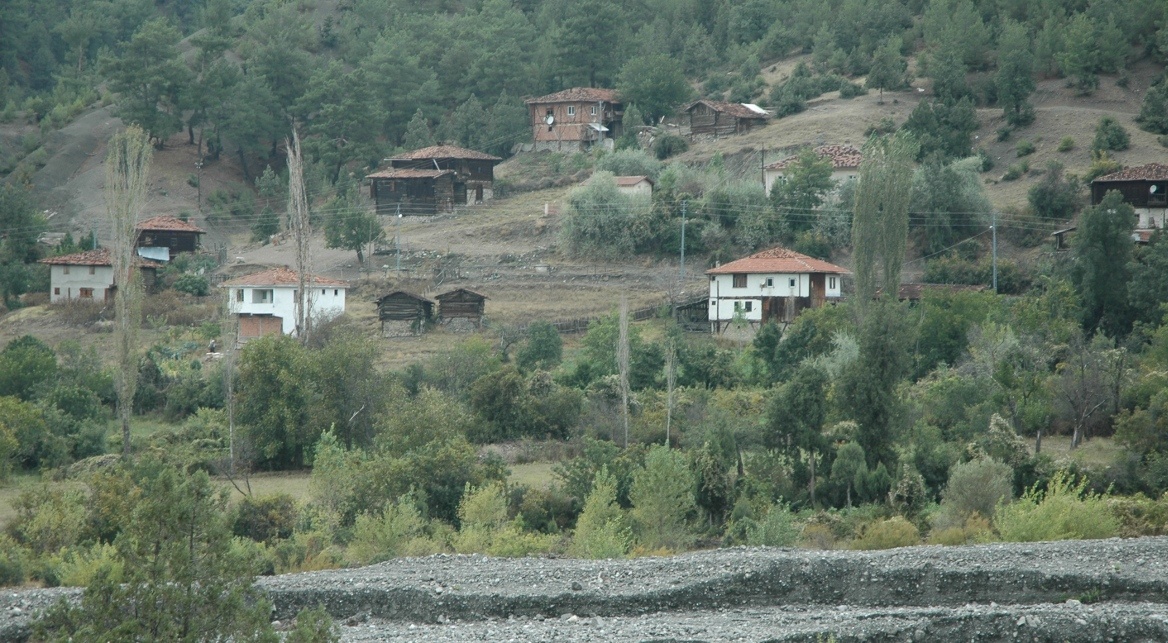
Once past that hurdle we headed into Batumi - Georgia's main Black Sea resort now that it no longer has access to the Abkhazia region further to the North. As a result, Batumi has seen a lot of investment in its buildings as well as tourist luxuries such as musical fountains and extensive parks. Although it still had signs up on entry apologising for the water supply. The biggest surprise was the climate transition in the short journey around the coast from Turkey – Batumi is semi-tropical and is surrounded by palms and lush forests and farmland.
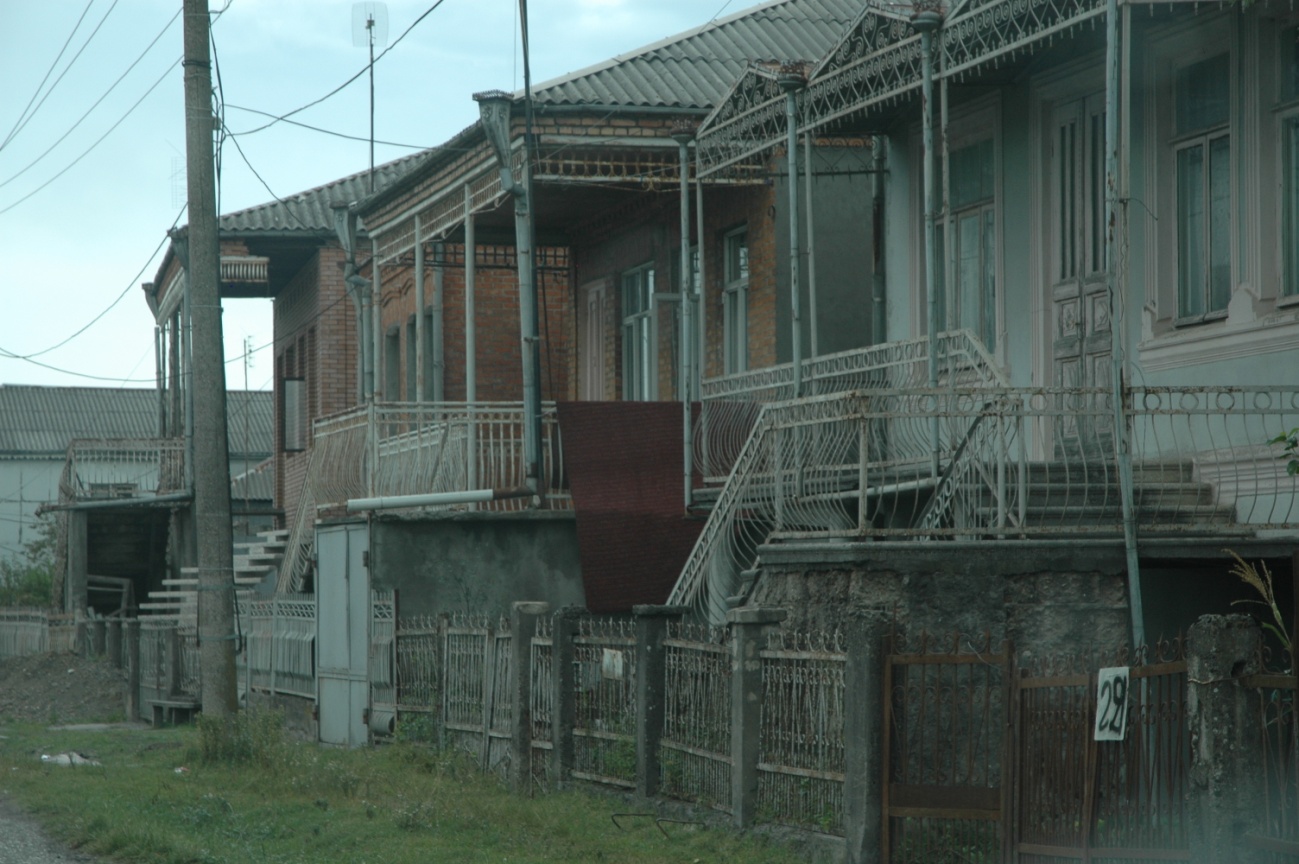
In Batumi we also experienced our first Khachapuri - a sort of boat like piece of bread containing cheese, semi-cooked egg and a slab of butter: too much even for my Scottish tastes. Our remaining Georgian eating experiences have been excellent if occasionally overpowering in quantity and taste - our guidebook describes Georgian cuisine as a "unique garlic-walnut fascination".
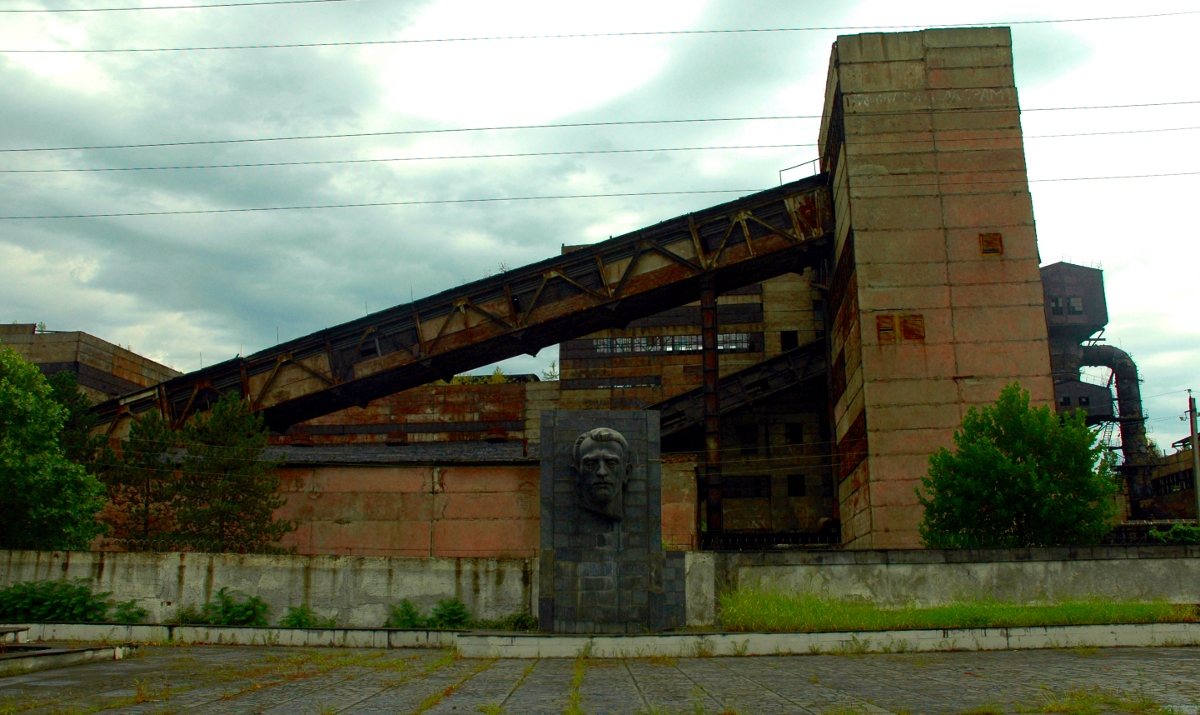
The journey from Batumi to Tbilisi took us past occasional crumbling Soviet buildings as well as glimpses of the fallout from various conflicts: the bombed bridge at Gori from the most recent war as well as towns of displaced Georgians from the Abkhazia region. The journey also gave us the chance to experience Georgian driving, which has to be some of the worst in the world. Faster cars and buses make an extra lane when overtaking into oncoming traffic, while some of the slower Ladas and Mashutkas can be going at any speed, including a surprise dead stop. Added to which, the taxis can be doing some long hours in this traffic chaos and can drift across the road when snoozing or conducting their other business on mobile phones.
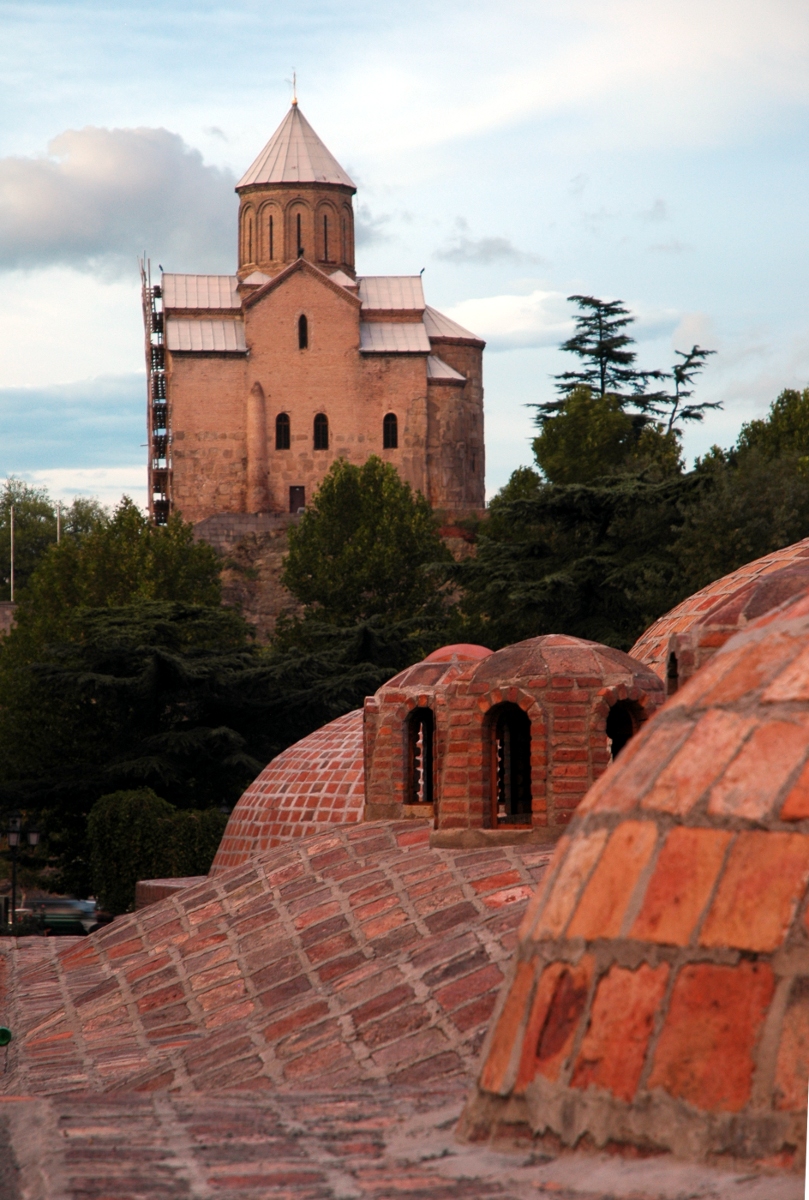
We had our, now traditional, thunderstorm while negotiating the arrival into Tbilisi. In spite of street names in Georgian script and no signposting our first stop for directions turned out to be 50m from our destination. This Zen-like approach to navigation has often served us well as towns further East make fewer and fewer concessions to visiting drivers.
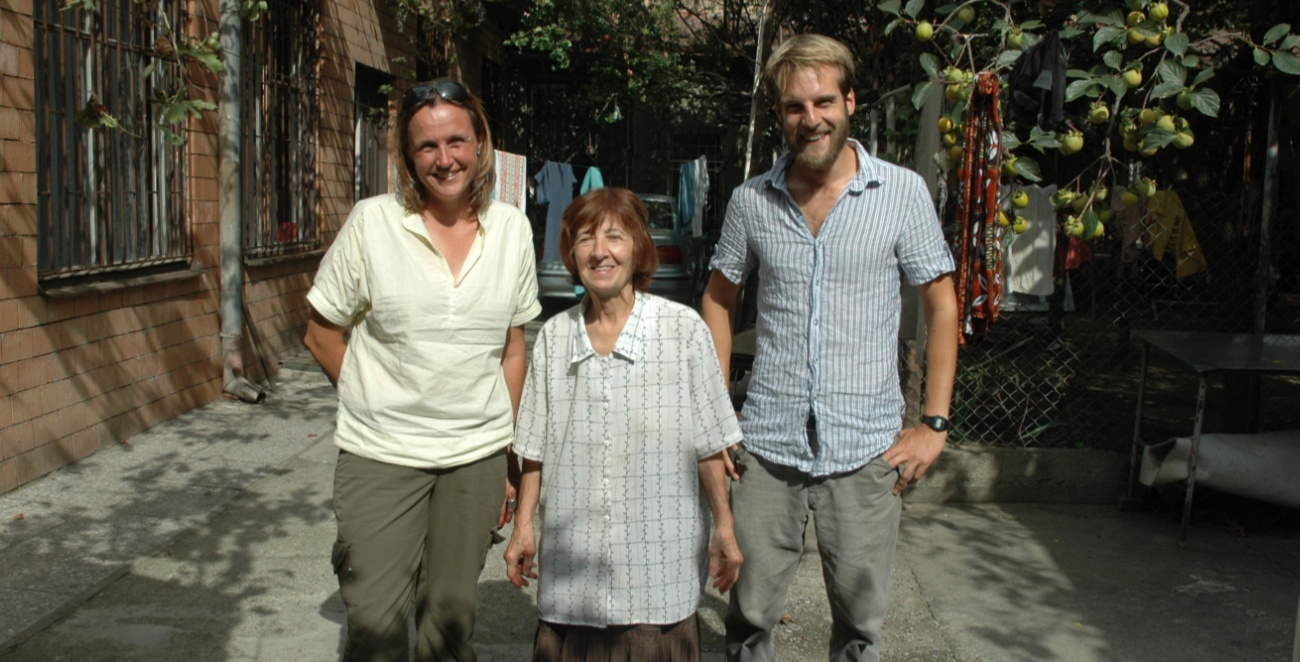
We thoroughly enjoyed Tbilisi, a slightly disheveled city with a friendly heart and some stunning architectural detail in its homes and public buildings. We stayed in our first proper home stay - Dodo's home, which was brimming with some impressively seasoned international travellers, some of which were very familiar with the countries we will be travelling through. Dodo herself packs a lot of maternal punch into a small, elderly frame - Ruth eats badly, apparently?! Although, Ruth insists that Dodo’s force-fed grapes should take some of the blame for her latest bout of illness, which has seen Ruth descend to a number 2 on the newly discovered “poo scale” (thanks Sarah). We also enjoyed our first natural sulphur baths, and I my first wash by a person other than my mother. Finally, we were given some much needed tourist advice and friendship by a friend of my Cousin, David, who bought us lunch and showed us some of the things we should not be missing.
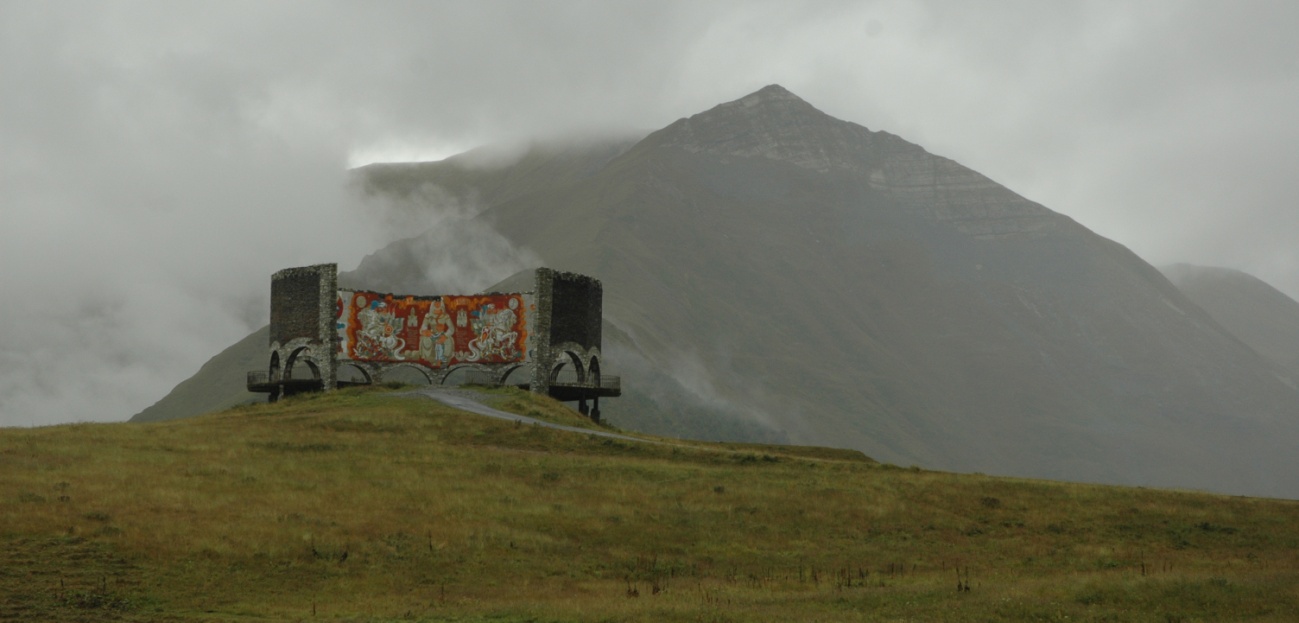
Using Tbilisi as a base we organised trips including one to Stalin's birth town of Gori and its museum, which was more of a collection of memorabilia to reminisce to, being surprisingly void of any mention of atrocity or oppression. Ruth did, however, get an excellent picture of her on Stalin's toilet - satire being our only response. Another side trip took in a Bronze Age cave city and finally a journey into the Northern Caucuses to the town of Kazbegi and the Tsminda Sameba Church - which is the iconic image of Georgia set on its high ridge against the backdrop of Mt Kazbek. Of course it was mostly cloudy and occasionally raining when we visited.
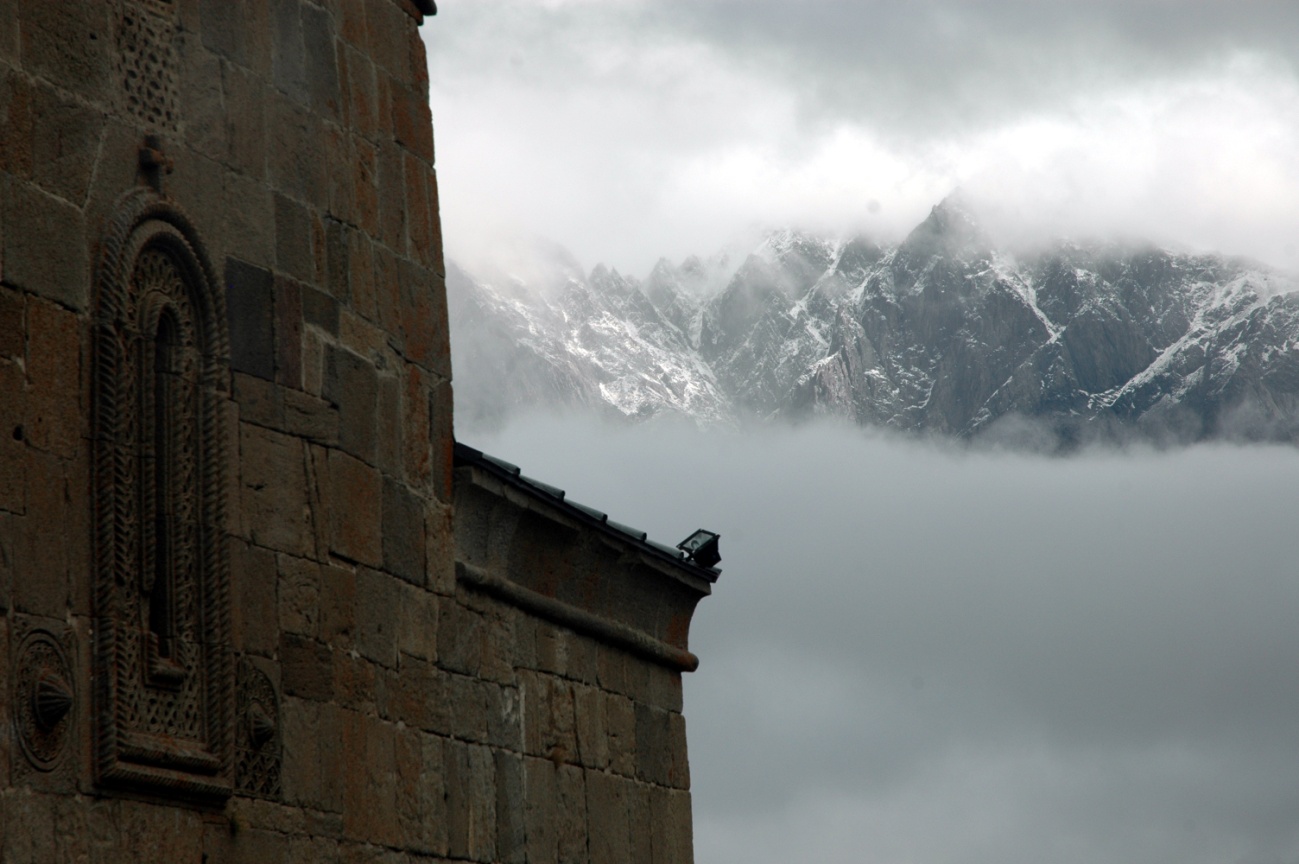
Most of these trips we enjoyed with Sarah and Layla, one Australian and one British traveler, who were excellent company and our first passengers. Sarah stuck with us when we left Tblisi for the last time and headed to Signaghi, a surreally renovated walled town on the way to the Azerbaijan border.
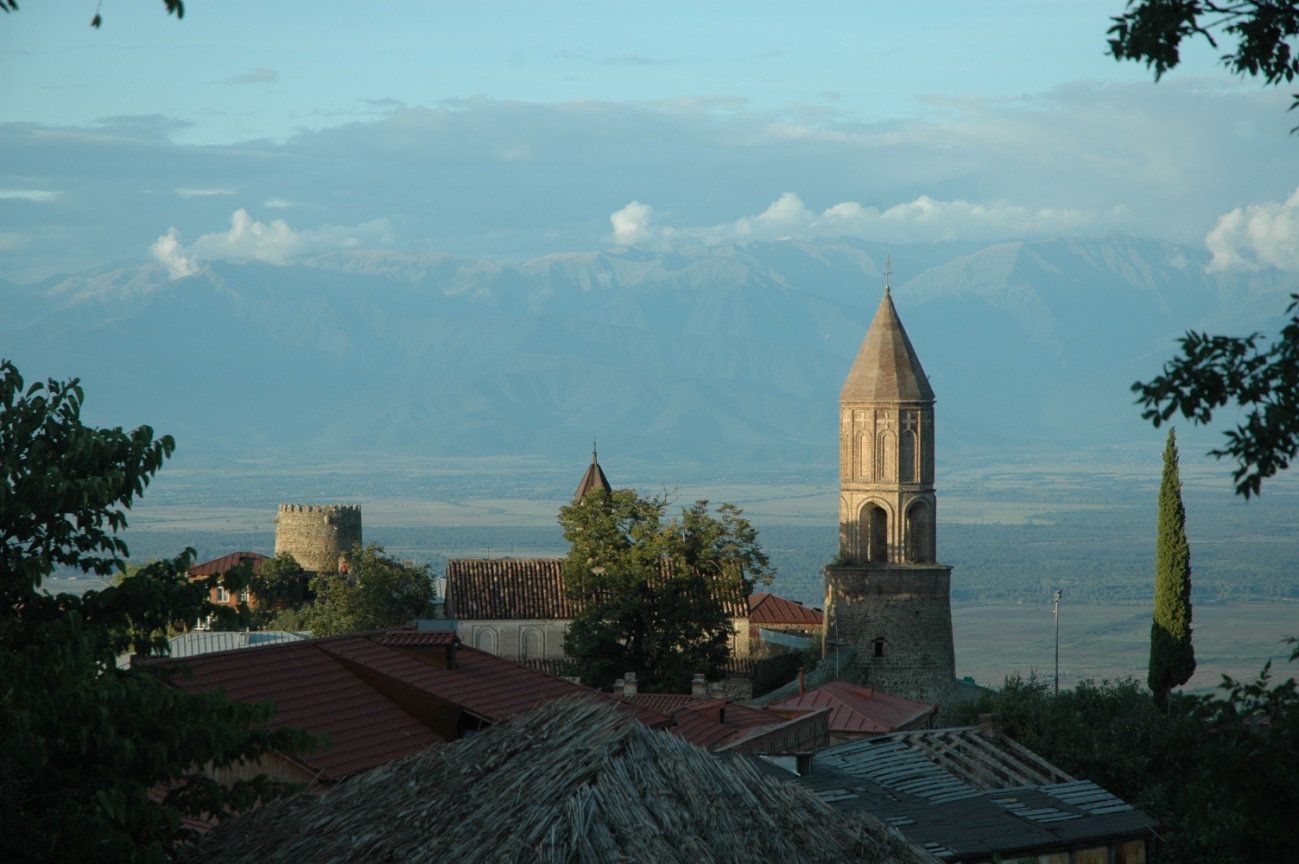
Georgian's believe Sighnaghi and the Kakheti region to be the earliest home of wine making and today everyone is at it. The uncomplicated process involves fermentation of the whole crushed grape in amphorae embedded in the floors of cellars around the region. The wine is eventually siphoned off while the skins and pulp are put through a distillation process to produce cha cha, a spirit that cannot even be said to be mostly water. The wines have a very distinctive flavour and can range from mellow fruitfulness to challenging depending on many variables, including the number of stages in the fermentation process. We had plenty of opportunity to taste including a meal with Israeli fellow travelers at our home stay that coincided with Jewish New Year's eve. In the Georgian fashion the meal was accompanied by many grand toasts but with a traditional Jewish twist.
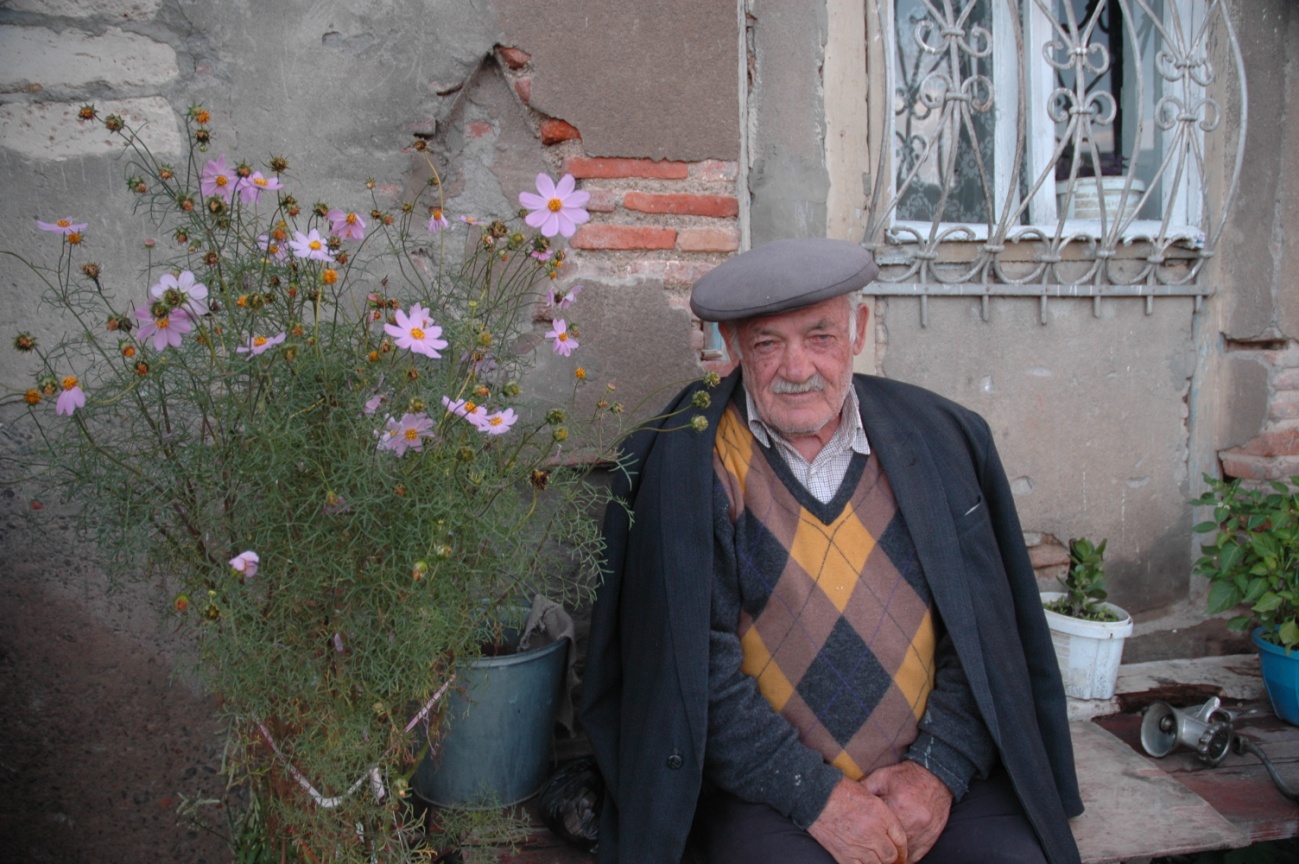
After the road sign wishing us "Good Luck" as we left Georgia, the Azerbaijan border complexities continued the uphill climb, this time vomiting a wad of paper including a compulsory 3 day transit visa for the car, which is right hand drive and therefore a dangerous liability amongst other road users. This required some sense of urgency getting to Baku, the capital of Azerbaijan and where we hoped to catch a ferry across the Caspian to Turkmenistan.
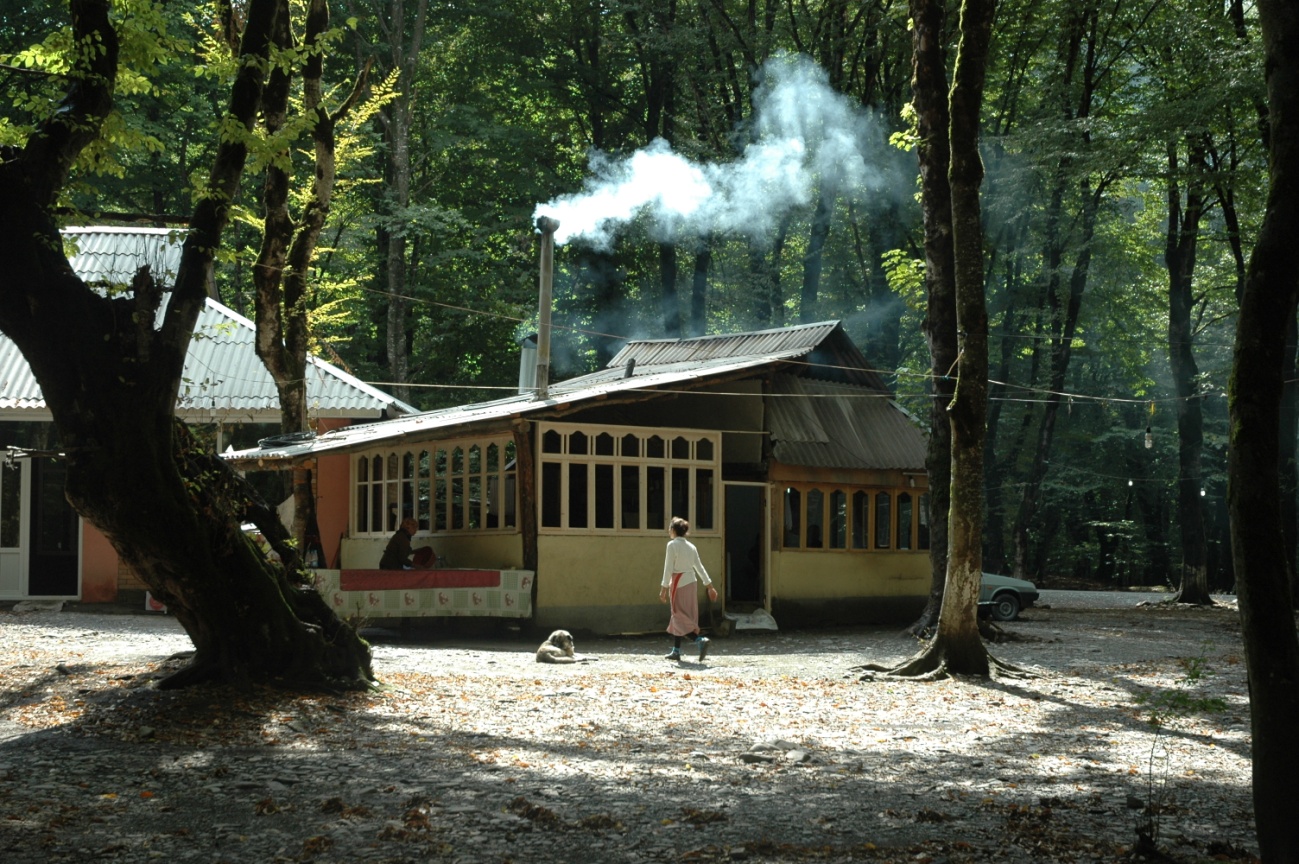
Azerbaijan has long had oil wealth, however new pipelines that do not cross Russian soil have lifted the country's international prestige such that every car that is not a Lada is picked from the world's most austentacious 4x4s. Oil has also meant that Azerbaijan has proven to be one of the most expensive countries on our journey and quite a shock after Georgia. Cheapest of the eating options is MacDonalds, which was also worth a visit to read the Azeri-language menu – the “Biq Teysti” being Ruth’s favourite. Otherwise the country is a strange transition between a lush agricultural West to an arid, oil-fuelled metropolis in the East.
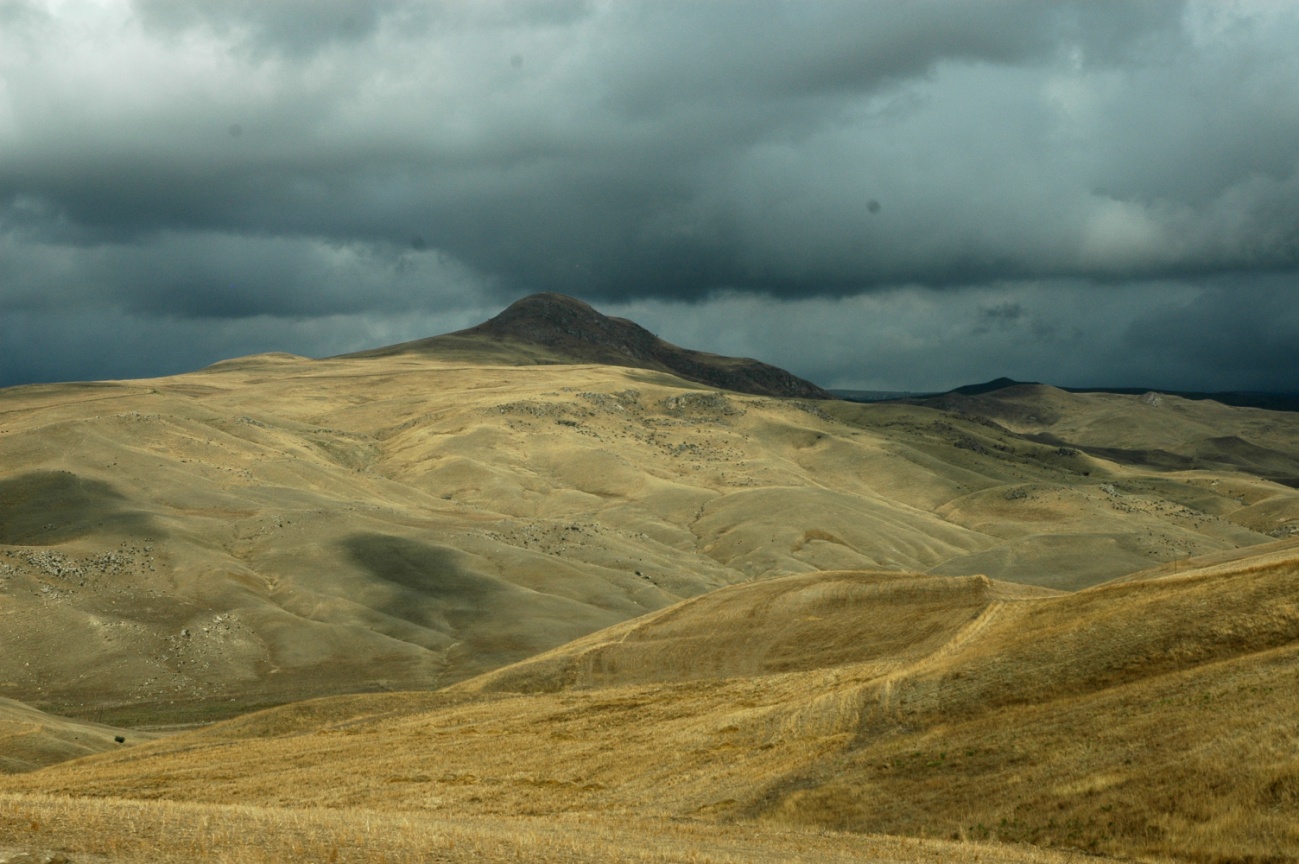
Once in Baku we started our ferry journey. This is not limited to the 12-13 hours spent on the over-night crossing itself but takes in the delays, uncertainty , false promises and customs shenanigans on the way to the boat, as well as more of the same on the way off. In all, the journey took us roughly ??? days from the first promise of a crossing to exiting customs in Turkmenbashi itself. The "ferry" is primarily intended for rail freight, so paying passengers and their ludicrous vehicles are a secondary nuisance. There are no luxuries such as a marked ticket office or reliable schedule as the boat is slave to the arrival of paying freight as well as the port authority's whims.
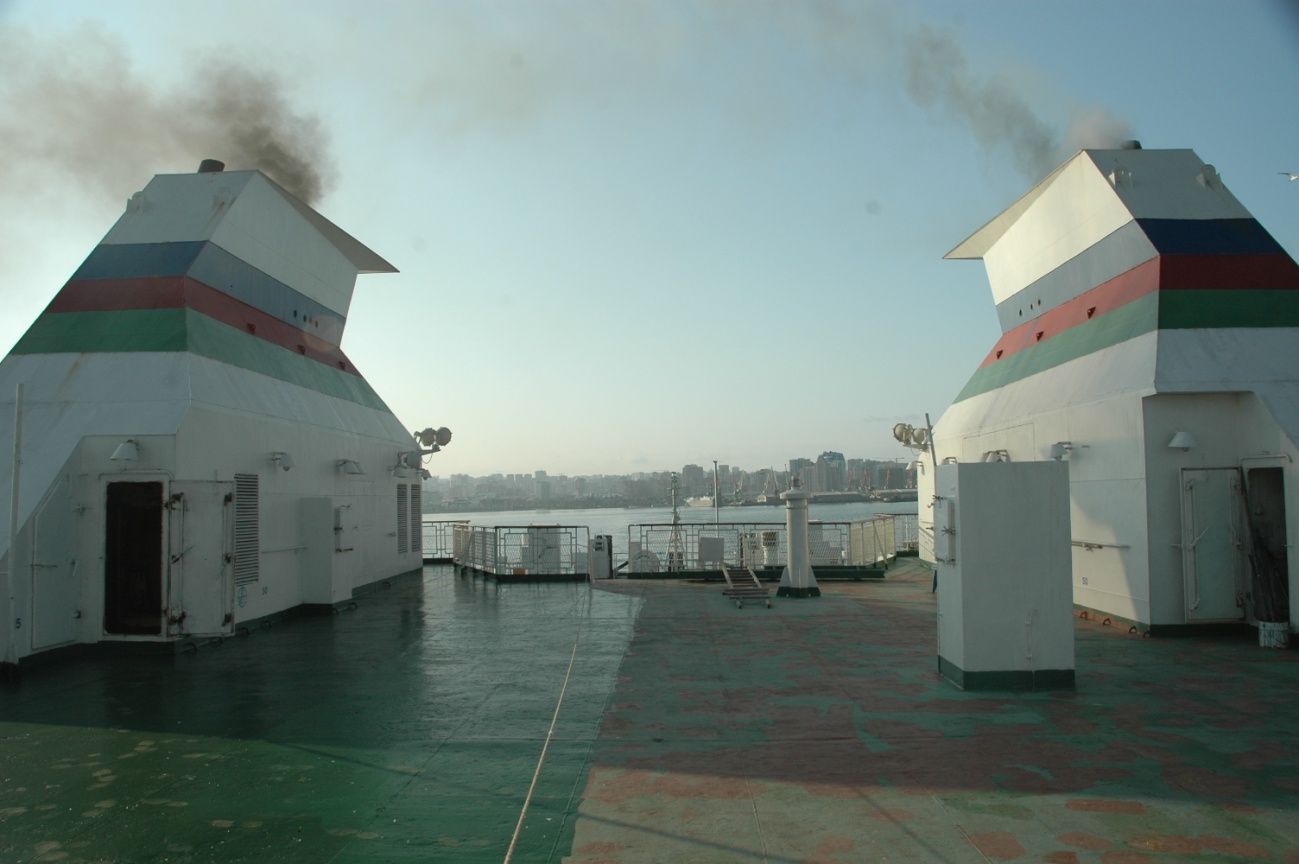
Once on the boat we were given a basic cabin, which we upgraded to one with running water by paying the floor manager a negotiated sum. The cabin was comfortable enough having beds and a (port side!) window we could open to see the gas and oil rigs passing by. Unlike a standard ferry, passengers are in the minority and a source of interest for the crew who let us roam relatively freely, occasionally complimenting Ruth on her eyes and grabbing photos on their mobile phones when I was out of earshot. Azerbaijan has been one of those countries where our illusion of marriage has helped, although they are inevitably baffled why we should have no children. The boat was also home to a “sea eagle” that had recently landed, exhausted and had refused to leave after recovering, which we took to be a good sign.
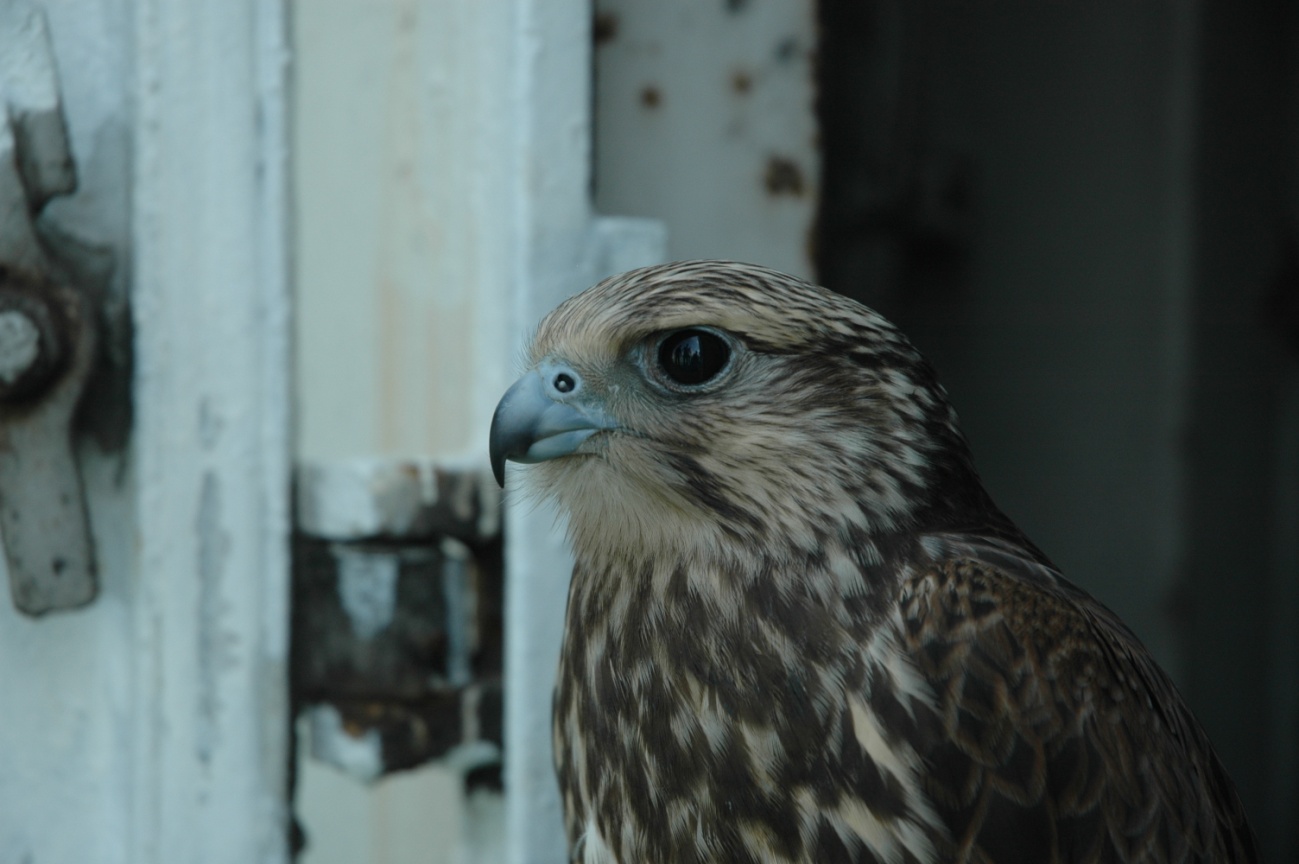
Last Updated (Saturday, 03 October 2009 14:20)
